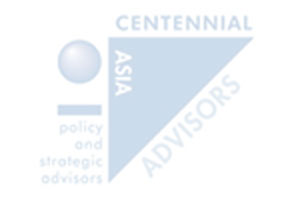- November 23, 2017
- Posted by: admin
- Category: Daily News
No Comments

- Four months after the government implemented the new indirect tax regime, it announced on 22 Nov 17 that it has appointed a task force to draft a new direct tax law after reviewing the over 50-year old Income Tax Act, 1961.
- The proposed direct tax code is expected to simplify and consolidate existing laws into a single legislation. The task force has been given six months to carry out the exercise. Arbind Modi, member of central board of direct taxes (CBDT), has been named convener of the seven-member group.
- The terms of reference for the task force include studying the direct tax system prevalent in various countries along with the international best practices. Additionally, the new direct tax code would be based on the economic needs of the country and other connected matters, the government said in a statement.
- A draft direct tax code (DTC) was put in the public domain in 2009, but after multiple iterations of public consultation including suggestions from standing committee on finance, the draft was not passed by Parliament.
- However, a revised version of DTC was released in 2014, which has not been taken further by the current government. The revised DTC had proposed an exemption of up to INR300,000 on personal income while suggesting that the peak rate of 30% tax should apply to those with income above INR1.5mn.
- For income tax on corporates, the draft code had proposed withdrawal of several exemptions and cutting the tax rate to 25% in phases, a process which is anyway on. Further, a dividend tax was proposed on the income earned by resident shareholders in excess of INR10mn. It also proposed a tax rate of 35% for individuals and Hindu undivided family (HUFs) where the total income exceeds INR100mn.
- For corporates, the DTC 2013 proposes to introduce General Anti Avoidance Rules (GAAR), taxation of Controlled Foreign Companies (CFC), Place of Effective Management (POEM) rule and also contained expanded source rules for taxation of royalty, fees for technical services (FTS) and interest.
- Since then, however, many of these proposals have been introduced in the existing tax law including GAAR, taxation of indirect transfer of assets, widening the source rule for taxation of royalty and fees for technical services.
- The task force will be represented by chief economic adviser Arvind Subramanian as permanent special invitee to the task force.
External Link : http://www.financialexpress.com/economy/income-tax-act-narendra-modi-government-has-this-big-agenda-on-mind/944179/
23-Nov-2017
